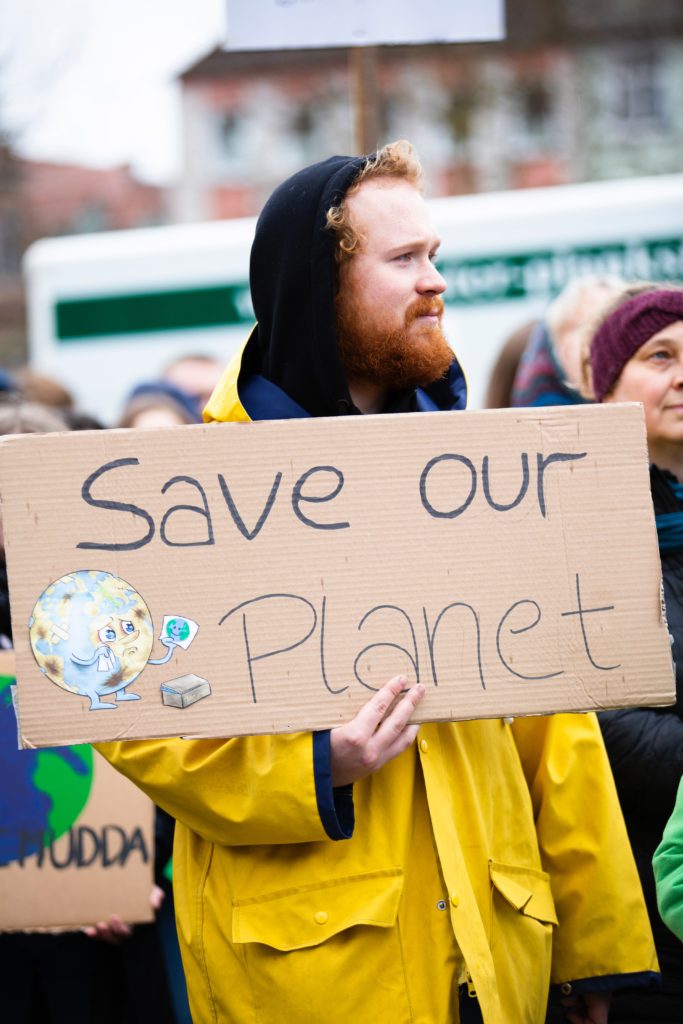
Not even twenty-four hours into his presidency President Joseph R. Biden swiftly took action to tackle the climate emergency. On January 20th, 2021, Mr. Biden recommitted the United States to the Paris Climate Agreement—a legally binding international treaty within the United Nations Framework Convention on Climate Change that focuses on greenhouse gas emissions mitigation, adaptation, and finance strategies in order to avoid catastrophic global warming. Nearly 200 nations have vowed under the Paris Agreement to lower planet-warming emissions. The U.S. will officially rejoin the deal on February 19th (107 days since the nation withdrew) after a mandatory 30 day waiting period.
Additionally, President Biden ordered federal agencies to begin looking over and reinstating more than 100 environmental regulations that former President Donald J. Trump rolled back or weakened. These regulations include reviewing the Clean Power Plan for existing power plants, a greenhouse gas rule for airplanes, and the Transportation Department’s revision of fuel economy rules for vehicles.

What do President Biden’s climate-oriented moves mean? First, his move to re-join the Paris climate agreement is a pivotal step for the U.S. to heal a deep rift with the rest of the world. Mr. Trump not only rejected the Paris pact, but he also sought to undo many major domestic climate policies. Consequently, President Biden made combating the impending climate crisis a top priority. The U.S. is in fact one of the largest contributors to global warming in history, so President Biden’s first executive actions to move toward environmental sustainability represent a powerful signal to other countries that the U.S. intends to restore its leadership role in the international order to minimize the impact of climate change.
Second, since President Biden is putting global warming as a central issue to focus on during his administration via legislation, the sustainable future of the U.S. is now looking bright. President Biden’s aggressiveness on day one of his presidency to re-join the Paris Agreement and then to quickly reinstate domestic climate policies that minimize America’s emissions on global warming, shows that the U.S. is on an environmentally sustainable track.
On day one, President Biden also rescinded the construction permit for the Keystone XL oil pipeline that would have transported carbon heavy oil from the Canadian oil sands to the Gulf of Mexico refineries, causing potent threats to climate, public health, drinking water resources, and ecosystems. This cross-border pipeline would have also advanced the reliance on dirty energy from fossil fuels when the U.S. desperately needs a transition to renewable energy. In addition, President Biden reinstated legislations that would restrict greenhouse emissions from automobile tailpipes and methane leaks from oil and gas wells, and replace energy efficiency standards for appliances and buildings.

Unfortunately, sustainable environmental legislation does not just happen overnight, and it will be a very lengthy process to undo many of the previous administration’s environmental rollbacks. Implementing new legislation could take years and it is likely that business groups or political factions will fight back. The Biden administration is likely to have to rely on local and state partners to help initiate emissions cuts, which is a consultation process that could take months.
Those against President Biden’s climate policies claim that they will hurt American workers and the economy. However, failing to abrogate huge emissions projects like the Keystone XL oil pipeline will not enable the U.S. to fulfill Biden’s ambitious climate plan to eliminate carbon dioxide emissions from the electric power sector by 2035, and from the entire economy by 2050. Also by rejoining the Paris Agreement, the U.S. had to formulate a 2030 pledge that aligns with the Paris objective to limit global warming to be well below 2 degrees Celsius, ideally at 1.5 degrees Celsius, compared to preindustrial levels. By 2050, the United Nations climate science reports called for the net zero of global emissions.
Urgency is more important now than ever, meaning sustainable environmental legislation has to be enacted quickly and be stronger than previous rules. The Trump administration eliminated four years of opportunity for the U.S. to take its part in reducing its impact on global warming. Irreversible effects of climate change such as rising sea levels, record wildfires, and devastating storms have already occurred across the globe. There is hope, though, for a sustainable future as climate policy experts project that if the Biden Administration implements new regulations, increases spending on renewable energy, and supports states efforts to move away from coal-powered generation, the U.S. could be climate neutral by 2050 or even earlier.



